Season 2, Episode 6
52 leading business Models of the future:
A DISCUSSION, DEBATE & DECK LAUNCH about the most IMPORTANT ways to CAPTURE value in the future

A webcast presented by the global innovation practice Futureproofing : Next (futureproofingnext.com).
It used to be that business model innovation was a nice to have to drive growth. In this dynamic market, the ability to morph into a new business model can be the killer skill. But, how can we determine which model is best for our organization? What does each model do most effectively? Why are some companies moving fast toward a new model? What are examples of brands that exemplify the archetypical models that are leading the pack today?
What should we do first to understand, evaluate, select and ultimately implement a fresh business model?
In this episode we:
- Share research we’ve done on which business models are rising to the top of the list in corporations and scaleups in today’s market
- Hear from 4 experts from around the globe with expertise in applying business models innovatively and with impact to drive growth and shift direction in a dynamic market. The panelists are: Sun-Mi (aka Sunny) Choi, Karla Congson, Shelley Kuipers, and Dave Stritzinger (bios below)
- Launch our flashcard deck of the leading 52 business models of the future – equipping our community, clients and curiosity seekers to up their game to drive business impact. We share why we built the deck, how to use the cards, and how we arrived at our list of 52 (from our starting point of 181).
- Address questions from the community of futureproofers and discuss each of the four buckets of business models:
SUIT A Making Stuff—Assets & Structures
- Ace: Data/Intelligence-based
- King: Decentralized/Disintermediated
- Queen: Commons/Open Access
- Jack: Dropshipping/Asset-Free
SUIT B Making Stuff—Activities and Partners
- Ace: Platform/Interface
- King: Strategic Alliances
- Queen: Bespoke/Mass Customization
- Jack: Co-created Development Partners
SUIT C Selling Something—Customer Segments & Relationships
- Ace: Multi-sided Segments
- King: Trust-driven/Certified
- Queen: Experience/Service-driven
- Jack: Tribal/Values-based
SUIT D Selling Something—Channels & Monetization
- Ace: eCommerce
- King: Subscription-As-A-Service
- Queen: Direct-to-Consumer
- Jack: Dynamic Pricing
Who:
Hosts:
Sean Moffitt & Andrea Kates, Co-Founders, Futureproofing : Next
Expert Panelists:
- Shelley Kuipers, IOVIA, The 51 & Harris Kuipers
- Karla Congson, openGravity & collective.iq
- Dave Stritzinger
- Sun Mi-Choi, Bosch
What You’ll Learn/Themes:
- Business model innovation is the new killer skill. (Amazonification, Alibabation)
- Companies today are rethinking business models in retail, consumer goods, technology, food/agriculture, professional services, energy, communications, entertainment, fintech, real estate, manufacturing.
- Exploration: Why the leading models rise to the top in today’s market: Data availability, global supply chain, collaboration within the network, shifts in customer experience priorities.
- Big idea: How can new business models be introduced within an existing business?
- Discussion: What was the process FutureproofingNext used to rank the leading business models of the future? How can leaders apply the research results to prepare for what’s coming next?
Recorded:
March 24th, 2020
Futureproofing Now Webcast Video:
Futureproofing Now Podcast Audio:
Hosts & Guests
Andrea Kates
Sean Moffitt
Shelley Kuipers
Karla Congson
Dave Stritzinger
Sun Mi-Choi
Share Episode
This Post: https://futureproofingnext.com/52modelsdeck
Futureproofing Now Hosts:
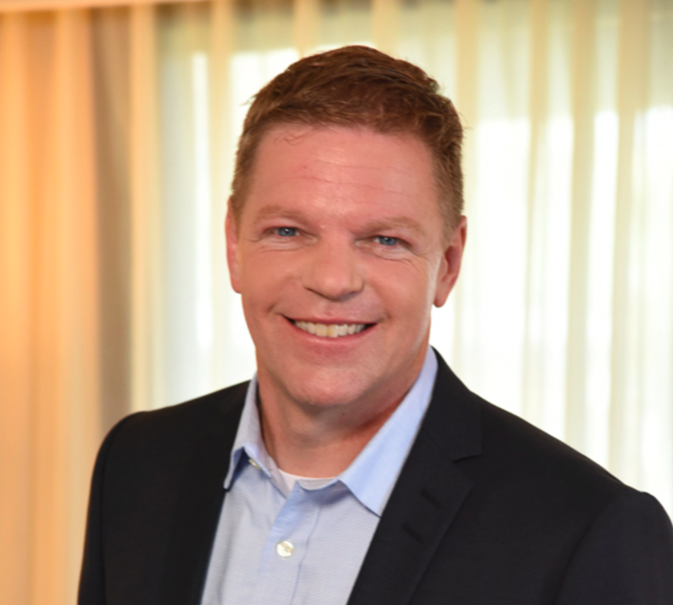
Sean Moffitt
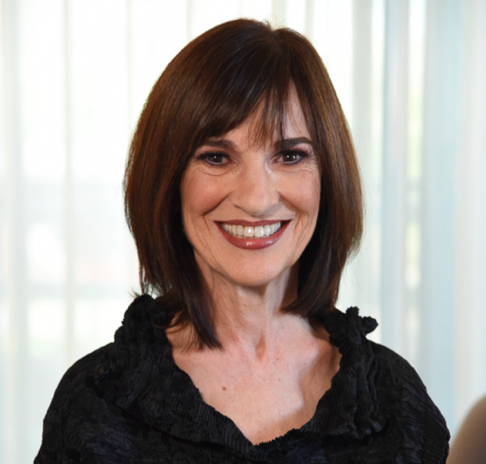
Andrea Kates
About This Episode
The 52 Business Models of the Future – Interactive Card Deck
0:00 Introduction of Topic, Overview and The Great Reset. Futureproofing : Next has created a collection of the most promising 52 business models and wanted to share with experts, clients and fans. Introduction of panelists. We also outlined how we identified them our set of 52.
The webcast took place in the midst of the COVID-19 crisis, so we started with general observations about how the world has changed and what it means for our companies, our customers, and our partners:
- We all feel more interconnected.
- Leaders need to master a new level of empathy so that we’re aware of the shifts that are about to occur and so that our companies make our next steps in ways that are appropriate for this moment.
- We need a renewed focus on humanity.
- Data and trust have risen to the top of the list of values.
- The way we transact business became virtual overnight. The openness to online and virtual will likely be a permanent shift.
PANELIST KICKOFFS:
Sun-Mi Choi (aka Sunny): Bosch serves as an inspiring example of win/win/win in co-creation with startups. Sunny emphasized the importance of crafting a forward-thinking perspective on automotive and the extended ecosystem. One of the themes that emerges from a world where data is currency is the question of who can and who should monetize that data? What’s the proper balance between access and trust? When everything is virtual collaboration (during this moment), how can we find different forms of collaborating?
Karla Congson: Set the tone for the conversation–we’re in an era of Radical Reset. Humanity + Data are major themes. Consider approaches like scenario planning. Remember trust is the new currency, data is the fuel. Quote Karla shared from Bill Joy, Sun Microsystems: “Collaboration is the new competitive advantage.” And, consider scenario planning as an option for keeping the muscles in shape.
Shelley Kuipers: Inspiring perspective on this moment of reset. Underscored the importance of an infrastructure to directly connect with customer value drivers and motivations. “Understanding the evolving role of service and B2B/B2C and platforms is key. Any brand that’s invited customers’ perspectives in pre-COVID-19 will be in a much better position post-COVID-19.” We need empathetic discussions around how to make a transition required by the new market forces.
Dave Stritzinger: Shared powerful and relatable examples from his background in telecom and omnichannel commerce for Target. Provided a powerful final reminder about the circular economy: “We need to take responsibility for the entire life cycle of the products we manufacture and distribute.” Also, you have to be “maniacally paranoid” during a time like this. Think proactively from the mindset of any force or competitor or business team that would be out to literally kill your company. What would they do? How can I take action to keep us on our toes?
12:06 SUNNY CHOI: The COVID-19 global pandemic has led to shut downs of OEMs. We at Bosch supply components and solutions in automotive and mobility. So it’s a serious time at the moment with a lot of uncertainty for the 400,000+ people that work for Bosch. There will be implications for labor, considerations around safety, and a focus on government relationships in Germany and elsewhere.
15:16 SEAN MOFFITT: Significant Concepts. Common drivers behind all of the business models: Data, Openness, Flexibility & Speed, Owning Assets is a burden, Digital, Partnerships > bigness, and Recurring Revenues is the magic.
16:14 ANDREA KATES: Some markets are a waterbed. There’s a fixed number of goods and services that will be exchanged. When there’s an economic shift, people will gravitate toward a new delivery model to get the same goods. Example: We assume that the number of calories consumed per person won’t change significantly as market conditions change. We will eat roughly the same amount of food, but will go to a cheaper substitute if we’re earning less, or will exchange a prepared meal for a home cooked one.
Today, with people in lockdown, some restaurants have shifted their business models to accommodate that societal shift. Whereas some restaurants have gone out of business, others have morphed into a commissary, grocery or delivery model. Jose Andres took it one step further by transforming restaurants into a coordinated community kitchen model. https://www.nbcwashington.com/news/local/jose-andres-is-closing-his-dc-area-restaurants-setting-up-community-kitchens/2241776/ SEAN: NETFLIX as a mass-customization business.
SUIT A: MAKING STUFF-BUSINESS MODELS ASSETS AND STRUCTURES
TIME CODE 24:30 SHELLEY KUIPERS: Iovia helps big brands (IKEA, Unilever, Lego) work with consumers to build, clothing line that’s based on a circular economy. Digital community of cocreating value is even more important today. Direct to consumer with manufactured goods, there are different issues.
27:00 SUNNY CHOI: Bosch. Manufacturing components has always been the core business. Making things that meet the needs of OEMs. There’s a big shift with ride sharing that enable people to move in different ways through digital platforms. We need to move from delivering components toward a software-based world, shifting consumer behavior. We need to deal with platform based mobility companies and be a supplier and a partner. That’s why we have established labs and internal incubators. What are the future needs? Capabilities? To be a leader in digital mobility.
29:50 DAVE STRITZINGER: Mobile. You cannot afford to have $1,000 SKUs in every store. You need a very data-driven approach to distribute the assets efficiently. Because the products are so expensive, when a new iPhone comes out, last year’s model is worth significantly less. How do you rethink inventory management?
34:00 KARLA CONGSON + SUNNY CHOI: In the service industry, data and asset-free are just as relevant. Sunny: yes and Bosch needs to find ways to collaborate and add services + software partners. Combine two different mindsets to come up with the best mindset possible.
SUIT B: MAKING STUFF: BUSINESS MODELS Activities & Partners
41:00 SUNNY CHOI: When it comes to robotaxis, it’s a market that’s not defined yet. What are the requirements for safety? Convenience. Startups look for partners like Bosch. We don’t have expertise in the robotaxis. It’s an undefined space for the future that might become fortified in the next 4-5 years. Co-creation is important–we need the insights from the startups and they need the Tier One expertise we have. It’s a learning process. We’re not operating the fleets, but we want to enable the startups to create an end-to-end solution. Not a typical customer-supplier relationship anymore
44:04 KARLA CONGSON: This approach is consistent for soft assets: having strategic relationships. The ability to find capabilities to find an imminent problem outside and to make cocreation part of your discipline.
45:00 DAVE STRITZINGER: You can’t afford to fail with a company like TARGET. With 1800 stores you can’t afford to be wrong. Experiments can help mitigate execution risk. Example: Target did an experiment with craft brewers and orchestrated and developed a process that allowed them to take it to scale. Partnering with entrepreneurs in each local market was key.
47:00 SHELLEY KUIPERS: B2B B2C. Any brand that’s invited customers or consumers to participate and be close to their brand pre-COVID is in a better place post-COVID. Having a platform allows it to go big.
SUIT C: CUSTOMER SEGMENTS/RELATIONSHIPS
48:00 SEAN MOFFITT: LinkedIn is a good example of a multi-sided market. Patagonia provides a tribal experience. Triple bottom line and social good is no longer a buzzword. Good example: LVMH transitioned their high-end perfume into a hand sanitizer manufacturing plant.
51:00 KARLA CONGSON: Trust is the currency. Increasingly lower trust between buyer and brand. Some leaders will rise and others will fall. If trust is the currency, experience is the way we’re judged. Two things: 1. Humanity. What do you know about your customers from a human basis? 2. Enabled with data as fuel. How do you put this fire to the best use? How do you leverage data to truly harness the knowledge points in the consumer journey? That will enable organizations to succeed.
57:00 SUNNY CHOI: TRUST is mission-critical in data-driven business models. Trust is something that takes time. To work with startups + large companies, trust has to begin there. Listening and understanding. A trusting relationship is the keystone.
SUIT D: CHANNELS & MONETIZATION
1:00 DAVE STRITZINGER: OMNI CHANNEL business models. You have to amplify your core with something that is new. What Target did, they invested in stores. They said 95% of US population is positioned close to a store. They used that to their advantage and developed online plus pickup. It’s not a one-size-fits-all. Start where you are and if you’re not achieving your goals, morph and evolve.
1:06 SHELLEY KUIPERS. We started out with online and realized that the consumer wanted to interact with the goods. We need to experiment with what different points in the customer experience looks like.
1:07:15 Closing Highlights: Closeout, announcement of FN Open Forums on COVID, Next webcasts on Cross-Industry Movers 20 (April 7th) and The Future of Finance, (April 21st) and open up to Q&A.

Dave Stritzinger
Tech & Channel Innovation Expert
Dave Stritzinger is a veteran in the wireless industry, having a long career of building technology solutions and capabilities that move cellphones in and out of network operator and retail channels throughout the world. In areas of supply chain, distribution, retail operations and “second-life” products, Dave has been a leader in developing new solutions to optimize getting wireless devices from OEM’s to consumers. A serial business builder Dave loves to find “what’s next”. He has been CEO, founder and senior leader in seven successful ventures with two of these being acquired by major players Target and Microsoft. A global citizen, Dave has travelled around the world for both work and pleasure having lived in Iceland, worked in France and spent many days implementing solutions around the globe. A former Navy Officer, Dave holds a Bachelor’s degree from the University of Colorado in Electrical Engineering and Computer Science. When not scheming a new business he enjoys his family and staying active.
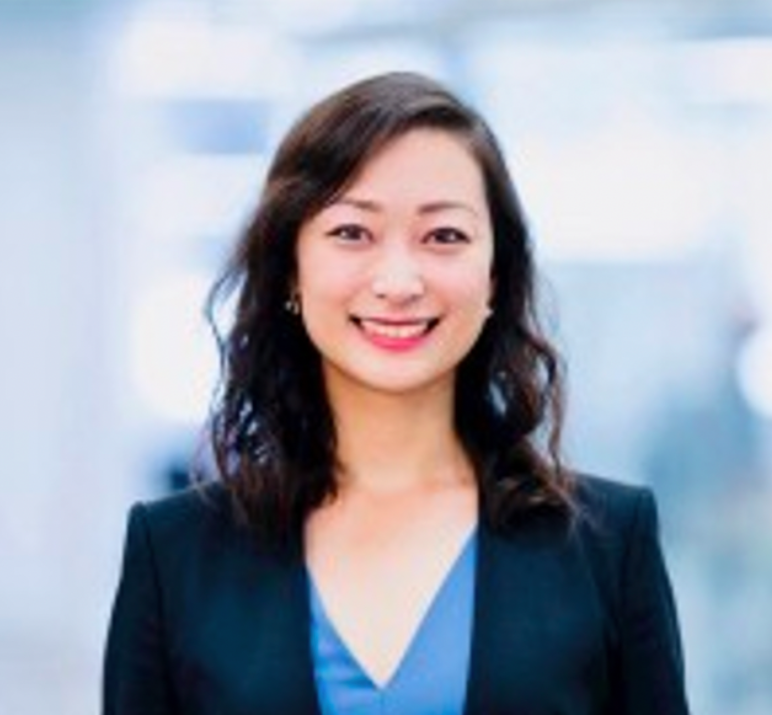
Sun-Mi Choi
Director business development and strategy at Robert Bosch GmbH
Sun-Mi Choi is a Director of Business Development & Strategy at Bosch, where she helps shape the future of mobility such as shared, electrified, and autonomous vehicles. Previously, she served as the Chief of Staff to the member of the Bosch Board of Management responsible for Asia Pacific. Prior to Bosch, she worked at Siemens.
Sun-Mi was born and raised in Hamburg, Germany. She received her Bachelor’s degree from the Berlin School of Economics, and an MBA from Yonsei University in Seoul. She has lived in several cities around the world, including Hamburg, Berlin, Stuttgart, Seoul, Shanghai, and now San Francisco. In her personal life, Sun-Mi loves traveling, playing soccer and tennis, and singing karaoke. She speaks several languages, including German, English, Korean, Chinese, Italian, Spanish, and French.
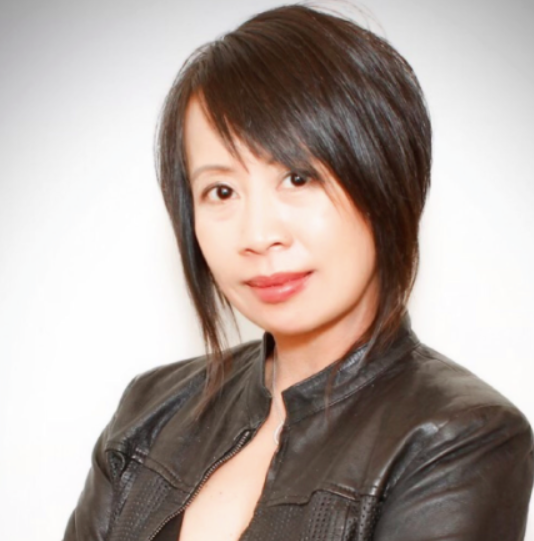
Karla Congson
CEO & Founder, openGravity & collective.iq
Karla Congson is CEO and founder of OpenGravity and collectiveIQ. Our clients include leading Canadian and Global brands in professional services, CPG, retail, financial services, healthcare and wine
She brings over two decades of marketing and strategy experience and her work has included business leadership and general management of top global and domestic brands, customer insights & analytics, brand strategy, client experience design and integrated marketing. In her previous role as Chief Marketing Officer at Dundee Corporation, Karla was responsible for driving customer experience, innovation and brand strategy.
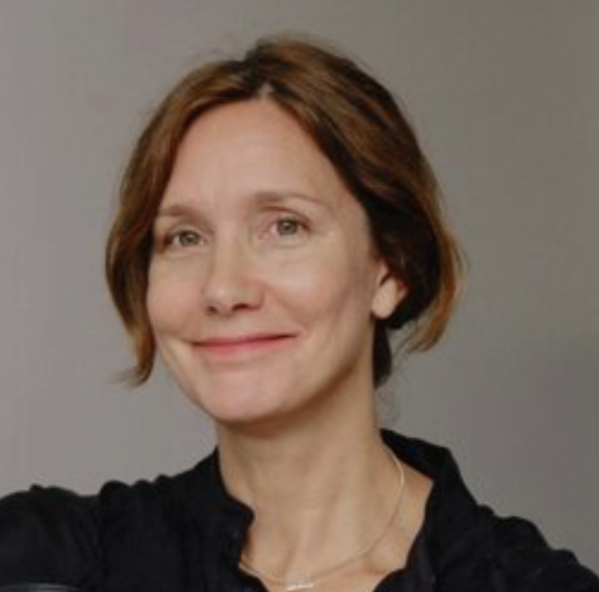
Shelley Kuipers
CEO & Co-Founder - Iovia, The 51, Harris Kuipers
Shelley Kuipers is passionate about her businesses and cares deeply about the impact she creates in the world. Her four driving forces are: participation and community as founder & CEO of IOVIA – fundamentally changing how the world’s most loved brands with with and value their customers through participation commerce; finance & feminism as co-founder of The51 tapping into Canada’s under-utilized female wealth and investment; fashion and sustainability through ethically sourced clothing line Harris Kuipers; and investment & activism as investor at Adventure Capital.
The Eight Hero Visuals:

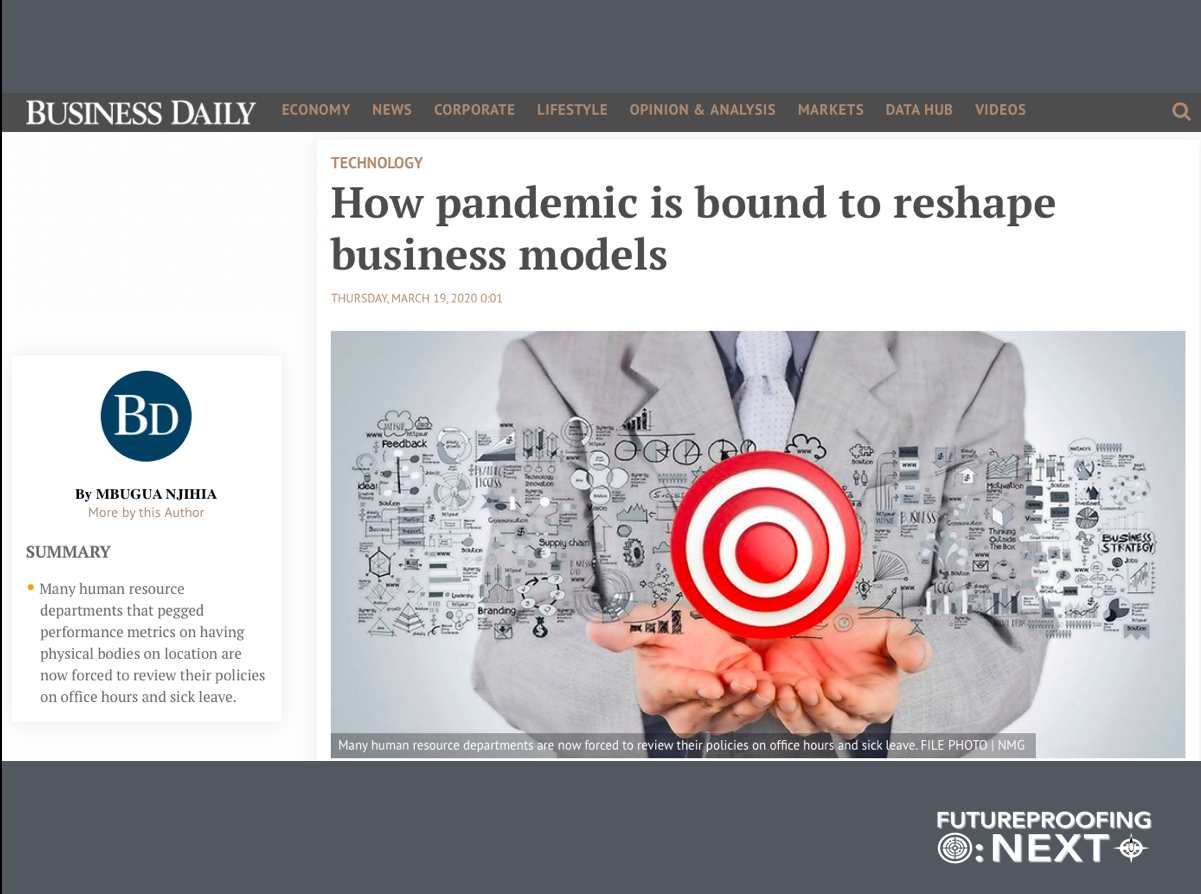
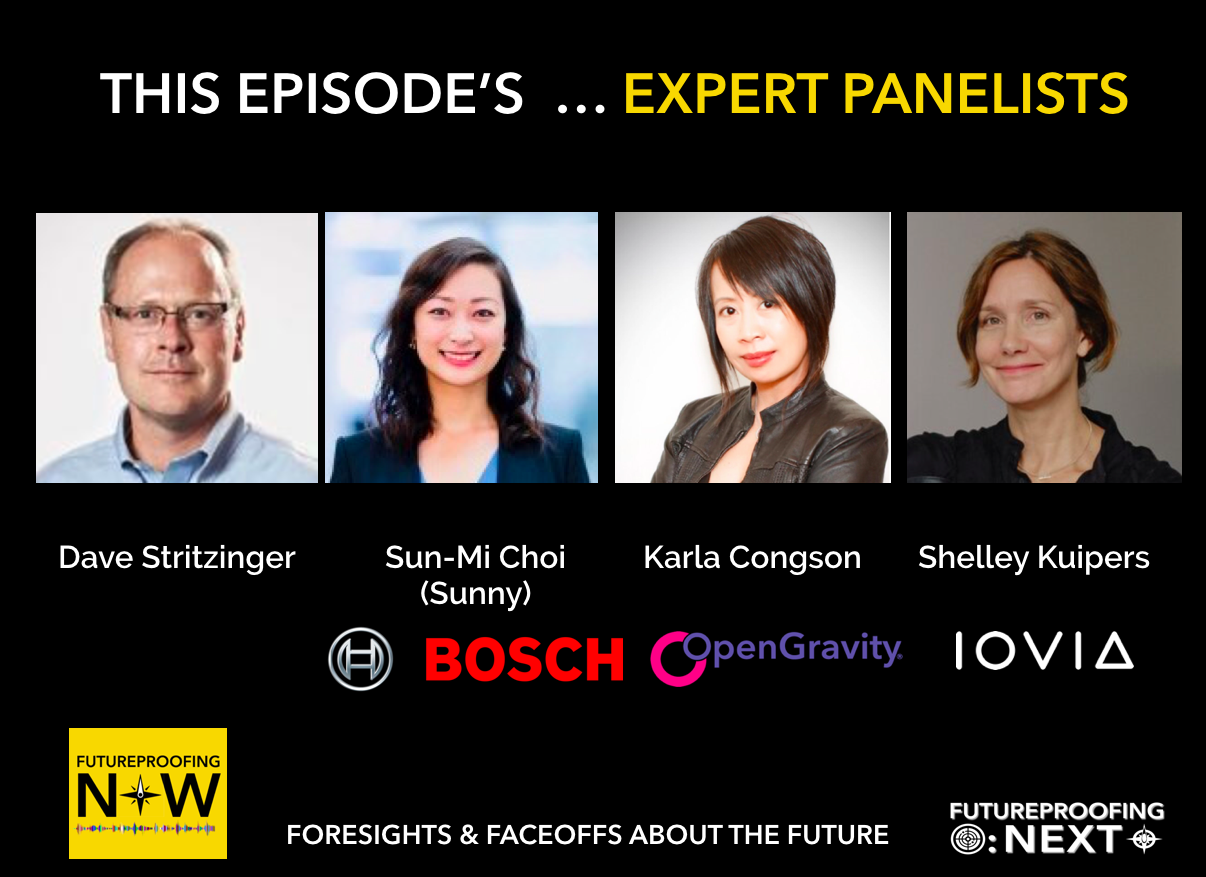
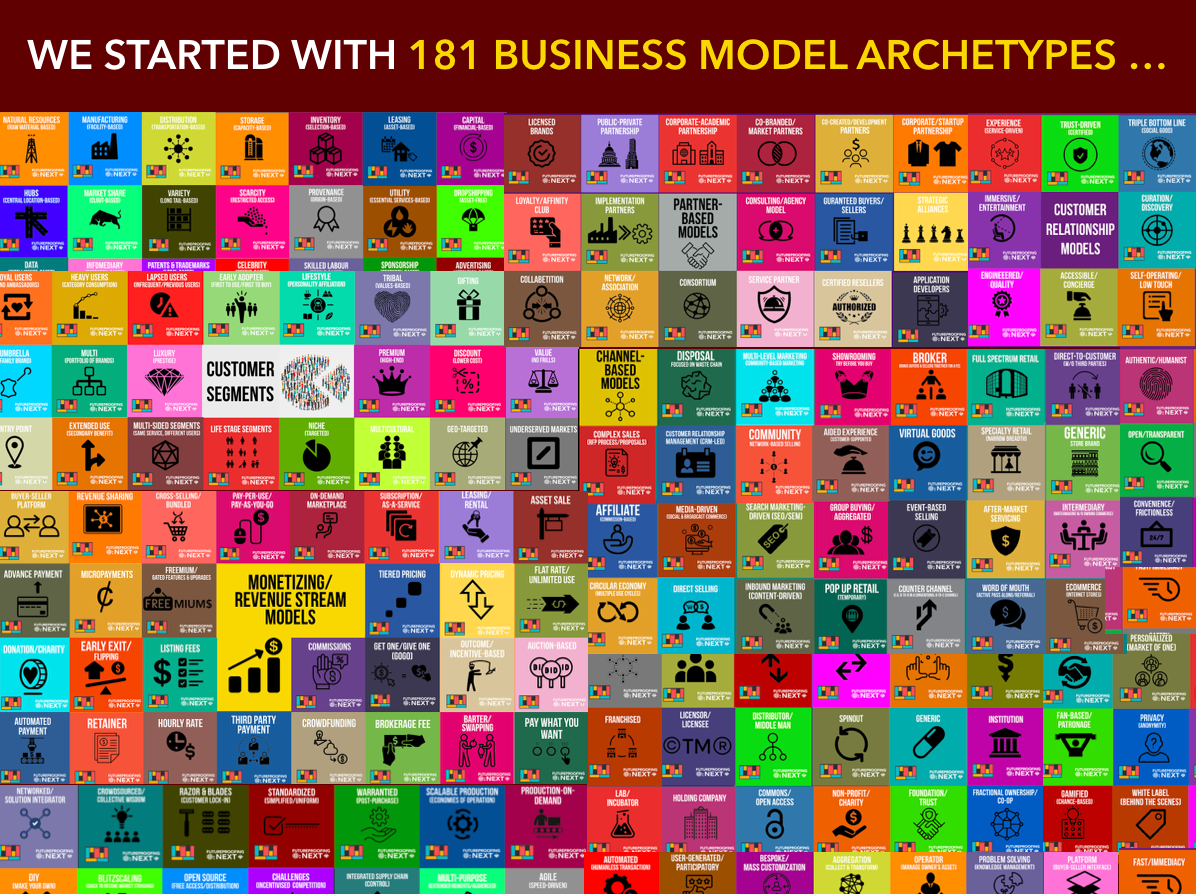
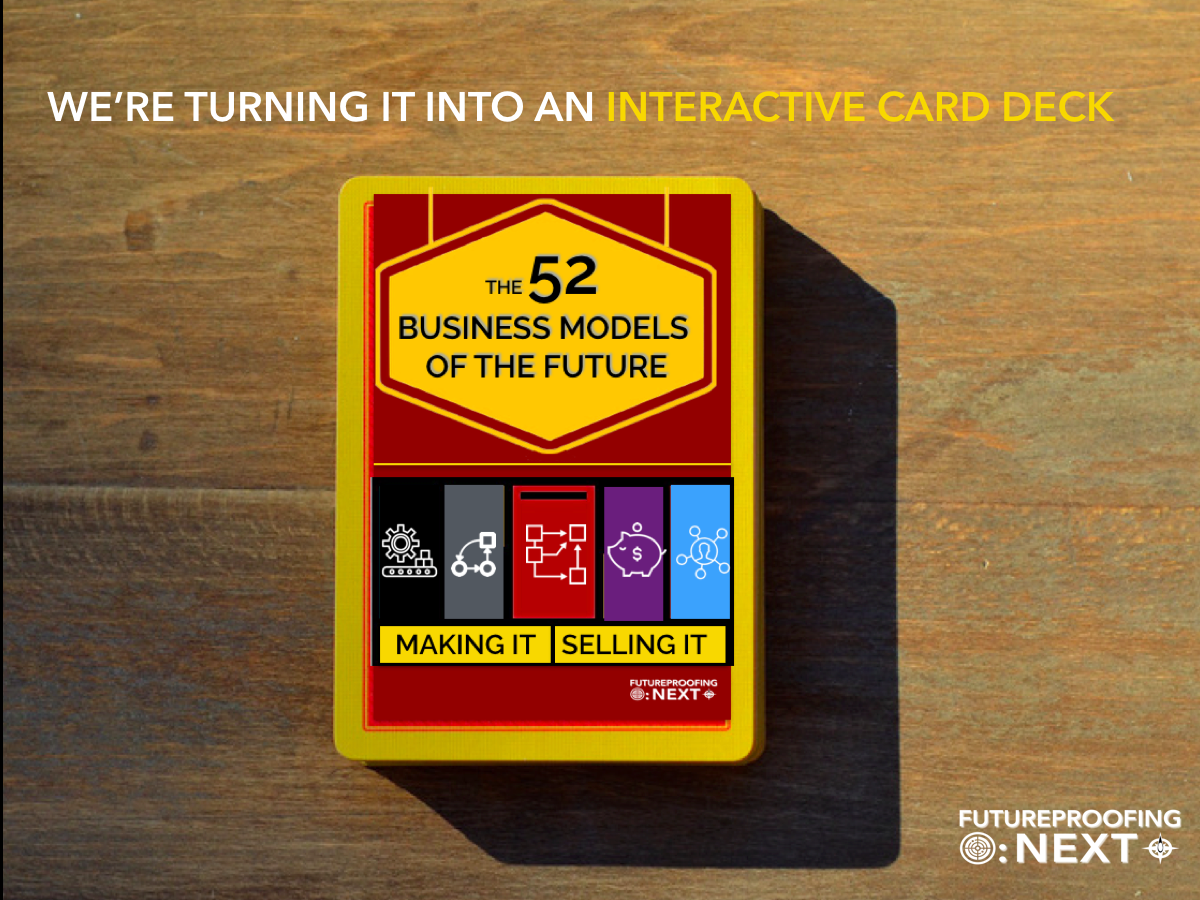
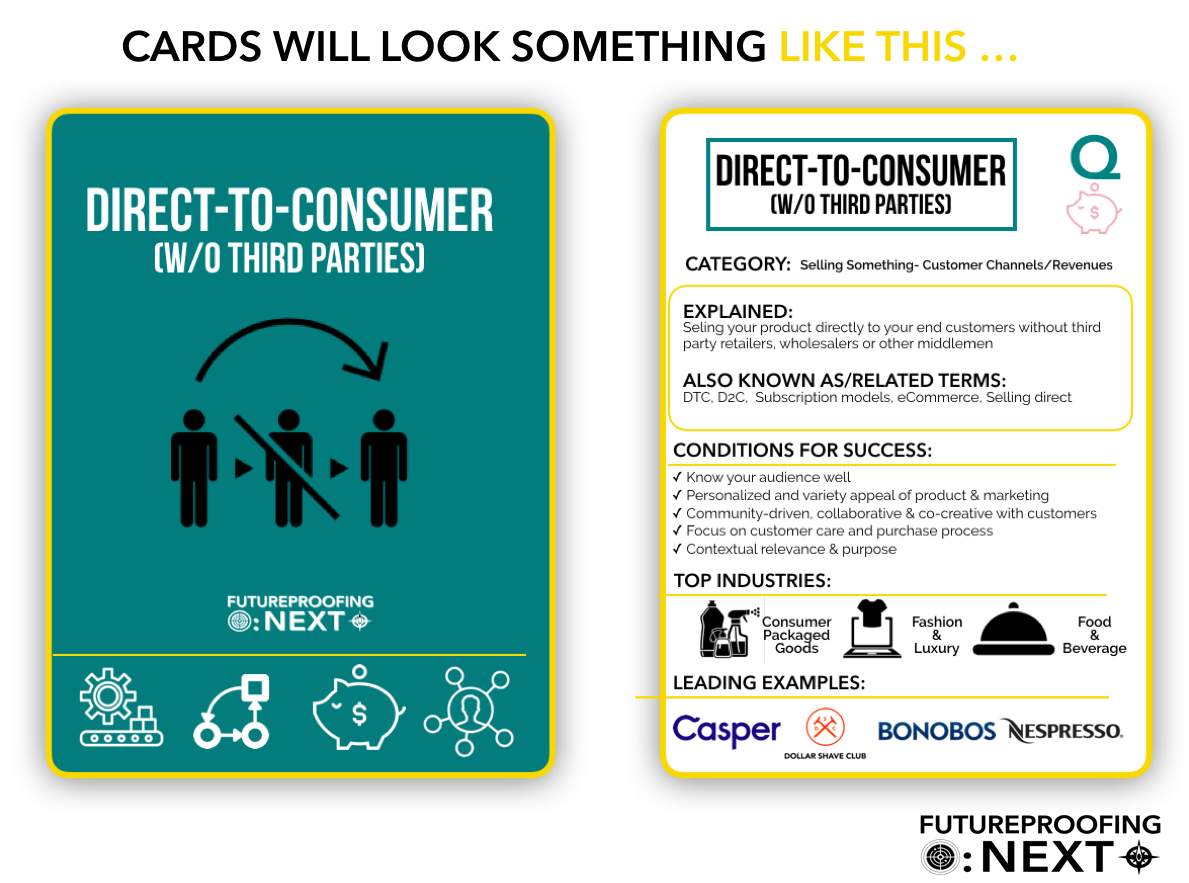
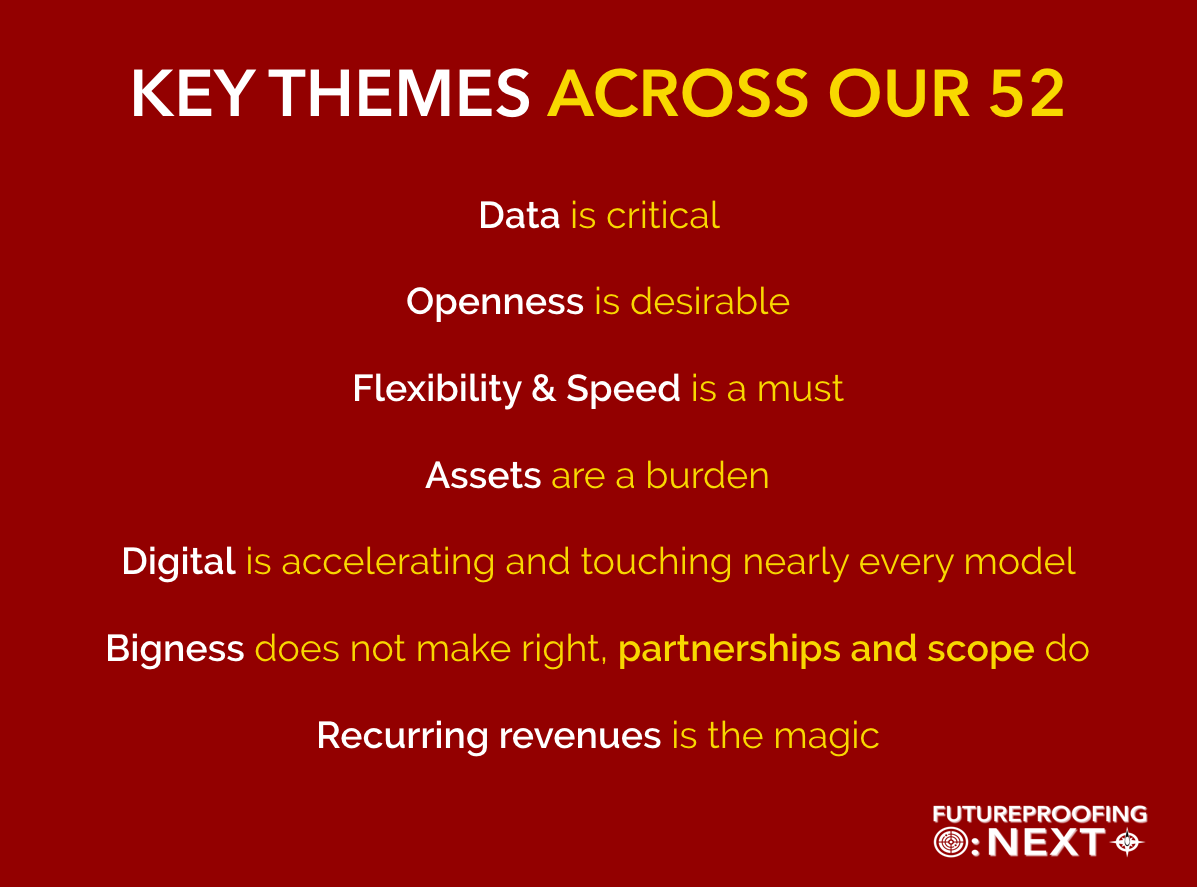
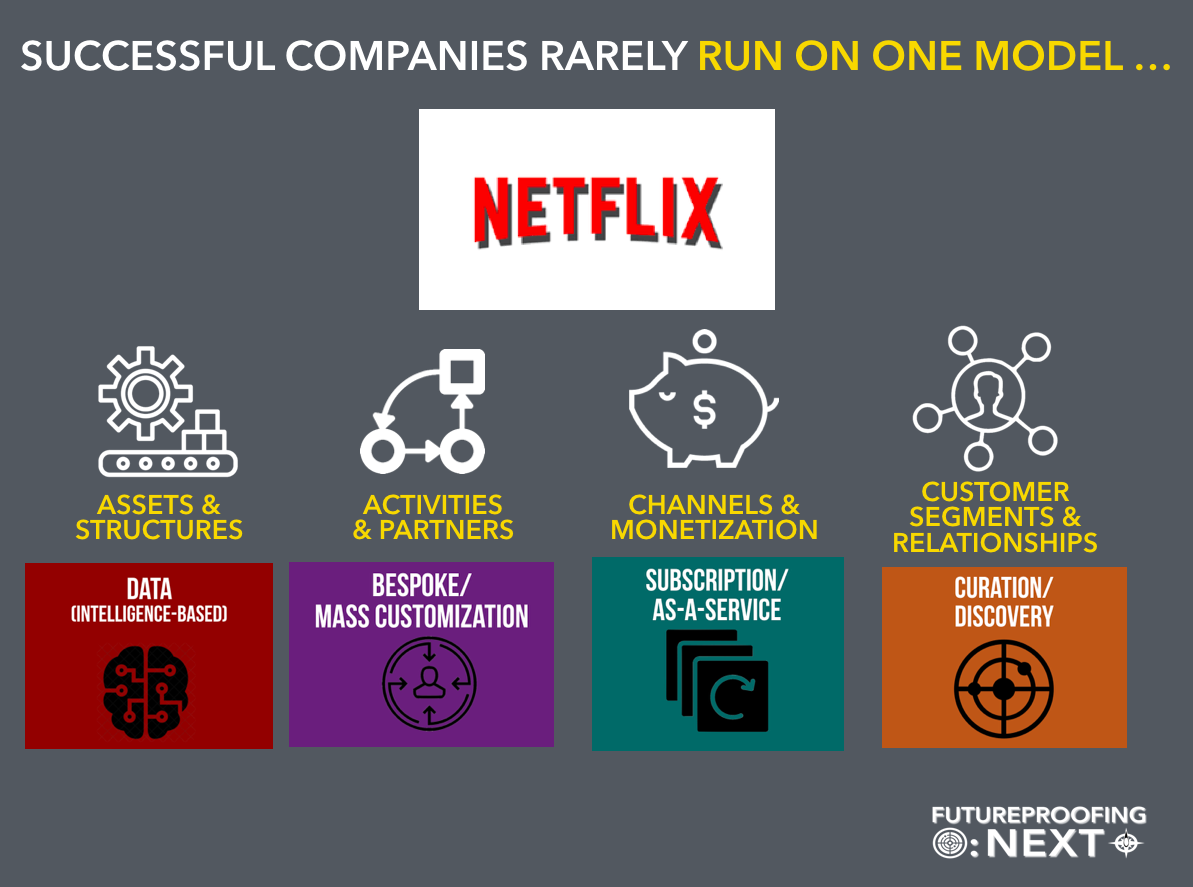
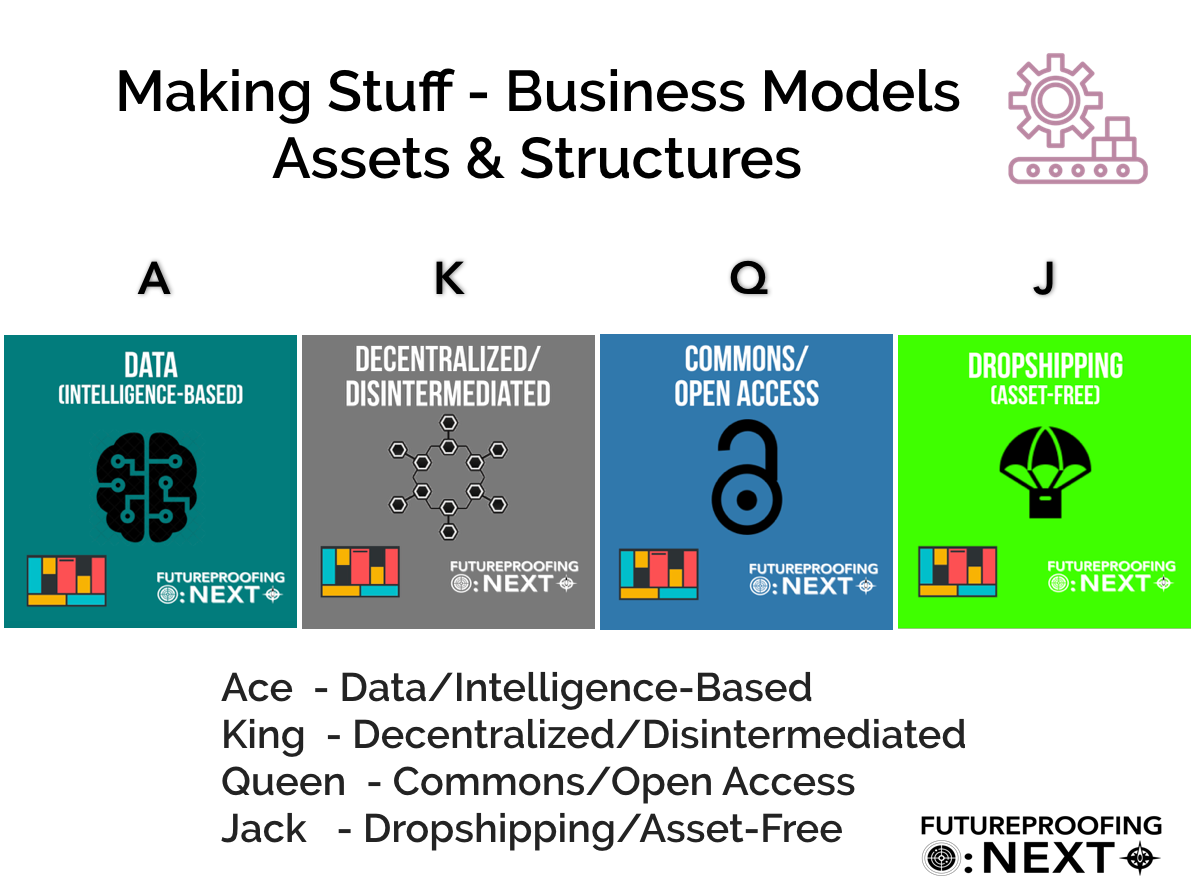
COME to Know Us. Say Hello. 你好. Hola. مرحبا. Guten Tag. Bonjour.
We’re hungry to do work with passionate, driven people. The future is unwritten, let’s bring some future chapters to life.
San Francisco – Toronto – Global
+416 458-2818
hello@futureproofingnext.com
